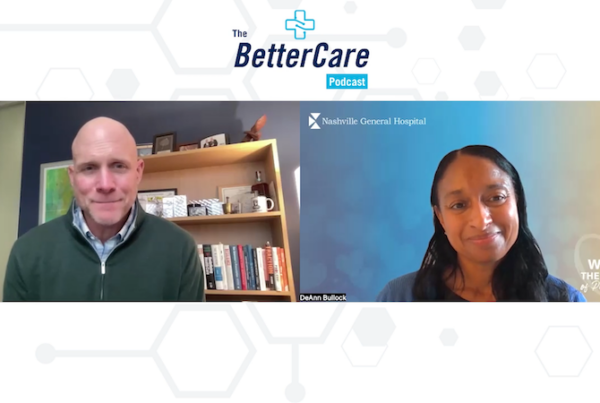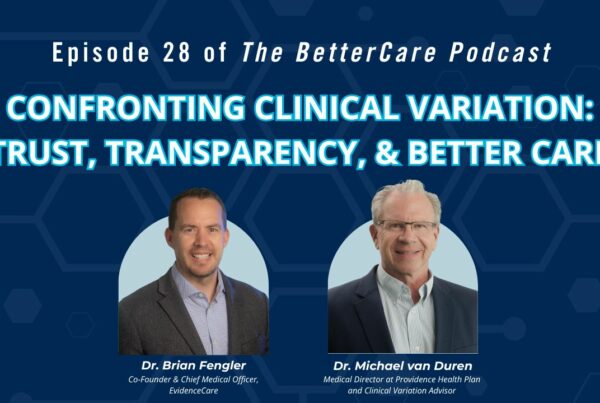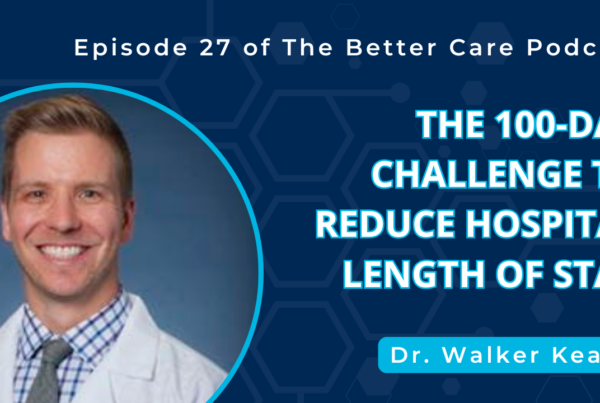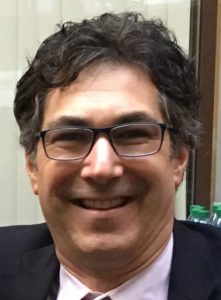
EvidenceCare prides itself on working with the names you know in healthcare to bring you the best and most current content we possibly can. However, we know face-to-face time with these experts would be more ideal. While we can’t get you a dinner-and-a-movie evening with the biggest names in medicine, we can give you a virtual coffee date. We interviewed our authors about the important things, like how they take their coffee and why they went into medicine in the first place. Always wanted to pick an expert’s brain? Well, now you can.
This week we’re getting coffee with Dr. Jeffrey Bazarian, professor of emergency medicine, physical medicine and rehabilitation neurology, neurosurgery, and public health science at the University of Rochester Medical Center and author of our concussion protocols.
Q & A with Dr. Bazarian
Q: How do you take your coffee?
A: Just cream, no sugar
Q: Why did you choose to practice medicine?
A: Medicine is a way for me to combine my love for science and working with people.
Q: How did you become interested in concussions?
A: Concussion was an injury I saw a lot of working in the emergency department, but it was something we frequently didn’t have a way to diagnose or treat. I always thought that was odd. Why would we have proven methods of treating other things like stroke but not concussion? Working in the emergency department really brought that to fruition, and I’ve been able to spend a good part of my career devoted to it.
Q: What do you think of all the attention concussion has been getting in the media lately?
A: I’m hoping that it will be a proponent in driving research in the direction it needs to go. We need to be constantly improving how we diagnose concussion and how we can prevent it from progressing into something that looks like Alzheimer’s later in life.
Q: What do you think is one (or some) of the major problems in healthcare today?
A: I am concerned with the intrusiveness of the electronic medical record into the relationship with the doctor and the patient. I think it distracts from the care doctors and nurses work hard to provide, and the patient suffers as a result because we get less time with them. At the end of the day, I think it has the potential to do some good, but that potential has yet been realized.
Q: What do you consider your greatest accomplishment?
A: Raising three healthy and smart children
Q: What keeps you grounded?
A: Taking care of my patients everyday is what keeps me grounded and focused on the research that I’m doing. They remind me that there are people living with brain injury everyday, and we need to be devoted to improving their lives.
Q: How do you relax when you’re not working?
A: I play the electric guitar. I’m in two bands that play covers. One song I’m working on now is a Ray Charles song John Mayer has covered called, “I Don’t Need No Doctor.”
Q: Farthest place you’ve traveled?
A: In a westerly direction, Hawaii, and in an easterly direction, Germany and Switzerland. When I was in medical school, I worked as a neurologist in a hospital in Bern, the capital of Switzerland. That’s probably where my interest in neurology began, and I also learned to speak German.
Q: What’s next on your bucket list?
A: I’d like to go back to Hawaii. I lived there for six months when I was in first grade in 1968, and I’d love to go back to the school I went to and the apartment I lived in.
Q: Best thing you’ve ever eaten?
A: This sashimi I had at an Asian fusion restaurant in Las Vegas
Q: What would you be doing if you weren’t practicing medicine?
A: I would be doing something that combines my love of foreign languages with history.
Want to check out our concussion protocols written by Dr. Bazarian? Start using EvidenceCare for free today. Sign up here.



